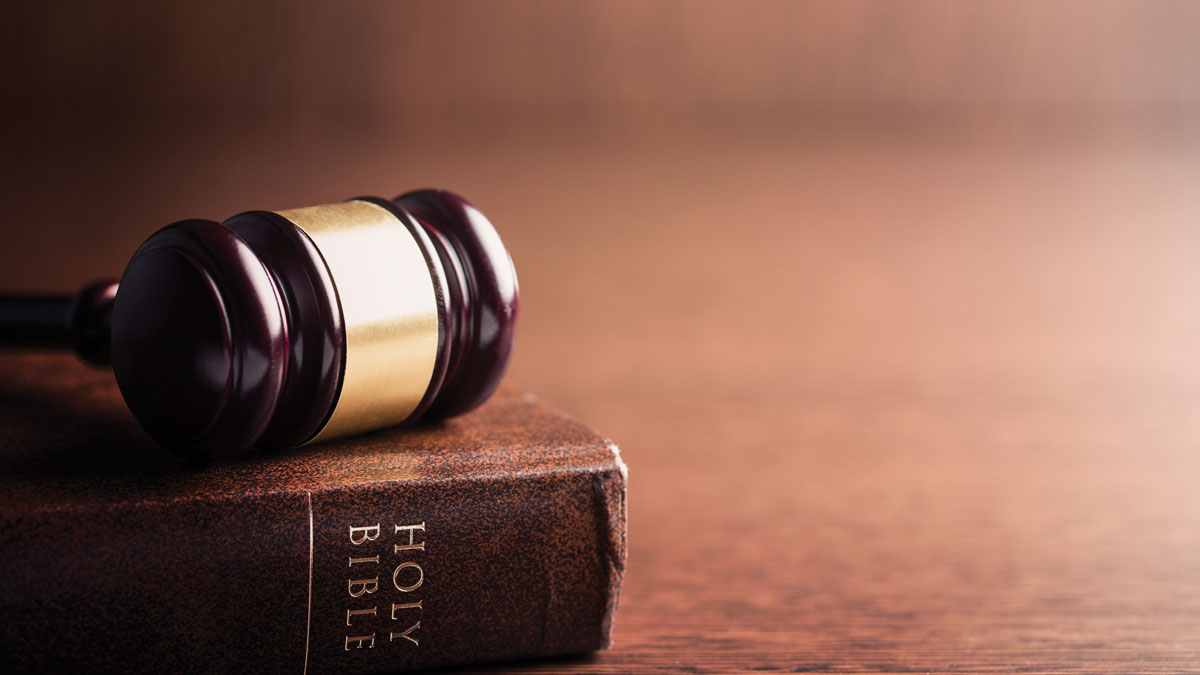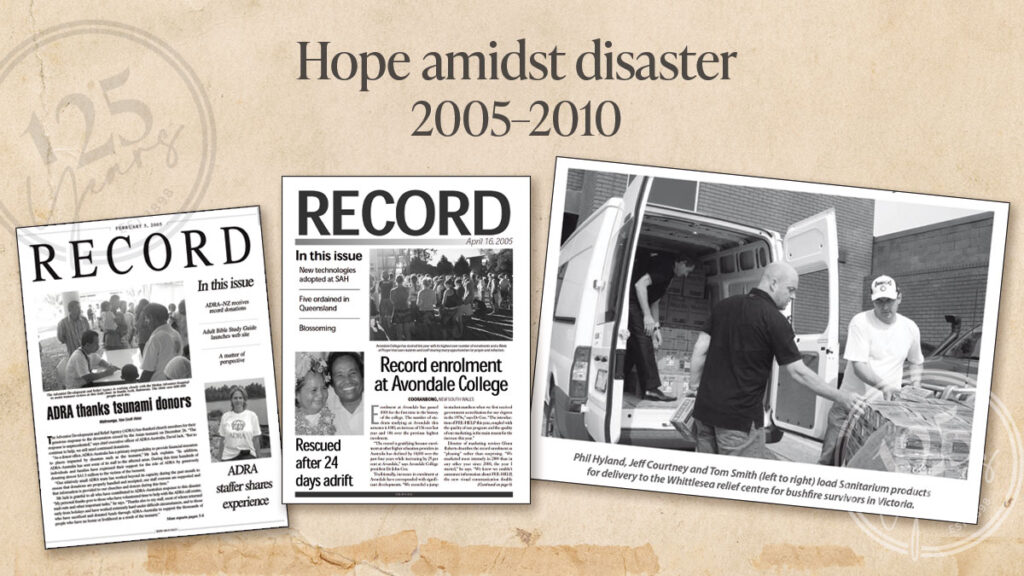March was an eventful month for religious liberty matters in Australia. The Australian Law Reform Commission released its report, the Commonwealth government announced a draft Religious Discrimination Bill, the New South Wales government passed the Conversion Practices Ban 2024 Bill, and Queensland introduced a proposed new Anti-Discrimination Bill. These new changes to the law will impact on religious freedom for religious schools and religious organisations.
Commonwealth
The Australian Law Reform Commission (ALRC) report was released by the government on March 21. The report, Maximising the Realisation of Human Rights: Religious Educational Institutions and Anti-Discrimination Laws, was a response to the Commonwealth government’s request for insights on safeguarding against unfair discrimination within educational settings while allowing religious schools to foster communities of faith by prioritising individuals of the same religious affiliation.
However, rather than enhancing religious freedoms, the recommendations within the ALRC report appear to diminish them, particularly in relation to the autonomy of faith-based schools in selecting staff who align with their beliefs. Notably, one of the recommendations was the removal of section 38 of the Sex Discrimination Act 1984 (Cth), which currently allows religious schools to engage staff and students on the basis of the religious character and ethos of the school.
The Albanese government is yet to decide whether to officially accept the ALRC report and its recommendations. In the interim, the government has drafted two pieces of legislation: a religious discrimination bill and a bill aimed at removing section 38 of the Sex Discrimination Act 1984 (Cth). The Prime Minister has indicated readiness to pass these bills provided they receive support from the Federal Opposition. The Opposition responded by saying they could not pass a bill they had not yet seen.
Subsequently, the government circulated a copy of the bill to the Shadow Attorney-General, Senator Michaelia Cash, who, subsequent to consultations with religious leaders—including the Public Affairs and Religious Liberty department of the Australian Union Conference—expressed reservations about endorsing the bill in its current form. Concerns have been raised regarding the potential ambiguity of certain provisions within the proposed bill, which could potentially defer the determination of religious freedom issues to the judicial system in the future.
However, information reaching religious leaders now suggests that, in the absence of Opposition support, the government may seek backing from the Greens party to pass the Religious Discrimination Bill. In response, the Australian Union Conference has co-signed a letter, with other religious organisations, to the Prime Minister expressing our concerns about the prospect of a religious discrimination bill being passed without Opposition support.
New South Wales
Following consultations with religious leaders including Adventist Schools Australia and the Australian Union Conference, New South Wales has followed Victoria in passing legislation to ban conversion practices. The Conversion Practices Ban Bill 2024, although not as extreme as Victoria’s Change or Suppression (Conversion) Practices Prohibition Act 2021, is similar in that it bans any religious expression that is part of “a practice, treatment or sustained effort that is:
a. directed to an individual on the basis of the individual’s sexual orientation or gender identity, and
b. directed to changing or suppressing the individual’s sexual orientation or gender identity.”
There are civil penalties for redress under the Anti-Discrimination Act and criminal penalties apply where a person has suffered “substantial” mental or physical harm due to conversion practice.
While “suppression” remains undefined within the law, and appears to draw upon its dictionary meaning, being “to keep or repress something” or “put an end to activities”, it raises concerns that advice such as encouraging young people against engaging in sex until marriage or counselling married individuals against engaging in extramarital affairs could be potentially included in the scope of “suppression”.
The full ramifications of this law have yet to be seen, but stating what a relevant religious teaching is or what a religion says about a specific topic, or parents discussing matters relating to sexual orientation, gender identity, sexual activity or religion with their children, should not be misconstrued as a conversion practice.
The bill will receive royal assent and come into effect some time in 2025.
Queensland
In Queensland, the government asked the Queensland Human Rights Commission (QHRC) to review its Anti-Discrimination Act 1991 (the Act). The QHRC has made 122 recommendations to the Act in its September 2022 report, Building Belonging, which has been accepted by the government. The Queensland government has proposed Anti-Discrimination Bill 2024, which will apply a significant number of the recommendations of the QHRC and replace the Anti-Discrimination Act 1991 (Qld). This bill has caused apprehension for religious freedom in Queensland.
The proposed changes to the Act seek to narrow religious exceptions even further, which is concerning for many religious organisations. It undercuts provisions that allow religious institutions to employ people based on their functioning faith (belief and practice, not profession only). These changes are the most restrictive regime for regulating religious bodies in Australia and will significantly undermine the ability of religious organisations to employ persons in accordance with their faith.
The Public Affairs and Religious Liberty department of the Australian Union Conference has co-signed a submission—with other faith leaders concerned about the implications of this draft bill for religious freedom—to the Queensland Department of Justice and Attorney-General.
Reflection
In light of these developments, the Public Affairs and Religious Liberty department remains actively engaged in advocating for religious freedom to enable the mission of the Church to go forward in a conducive environment. As Anglo-Irish statesman and philosopher Edmund Burke (1729 -1797) is quoted as saying, “the only thing necessary for the triumph of evil is for good men to do nothing”. Therefore, the department invites all concerned individuals to participate in safeguarding religious freedoms.
To find out how to get involved please email Kojoakomeah@adventist.org.au.
Kojo Akomeah is the associate director for Public Affairs and Religious Liberty in the Australian Union Conference.






